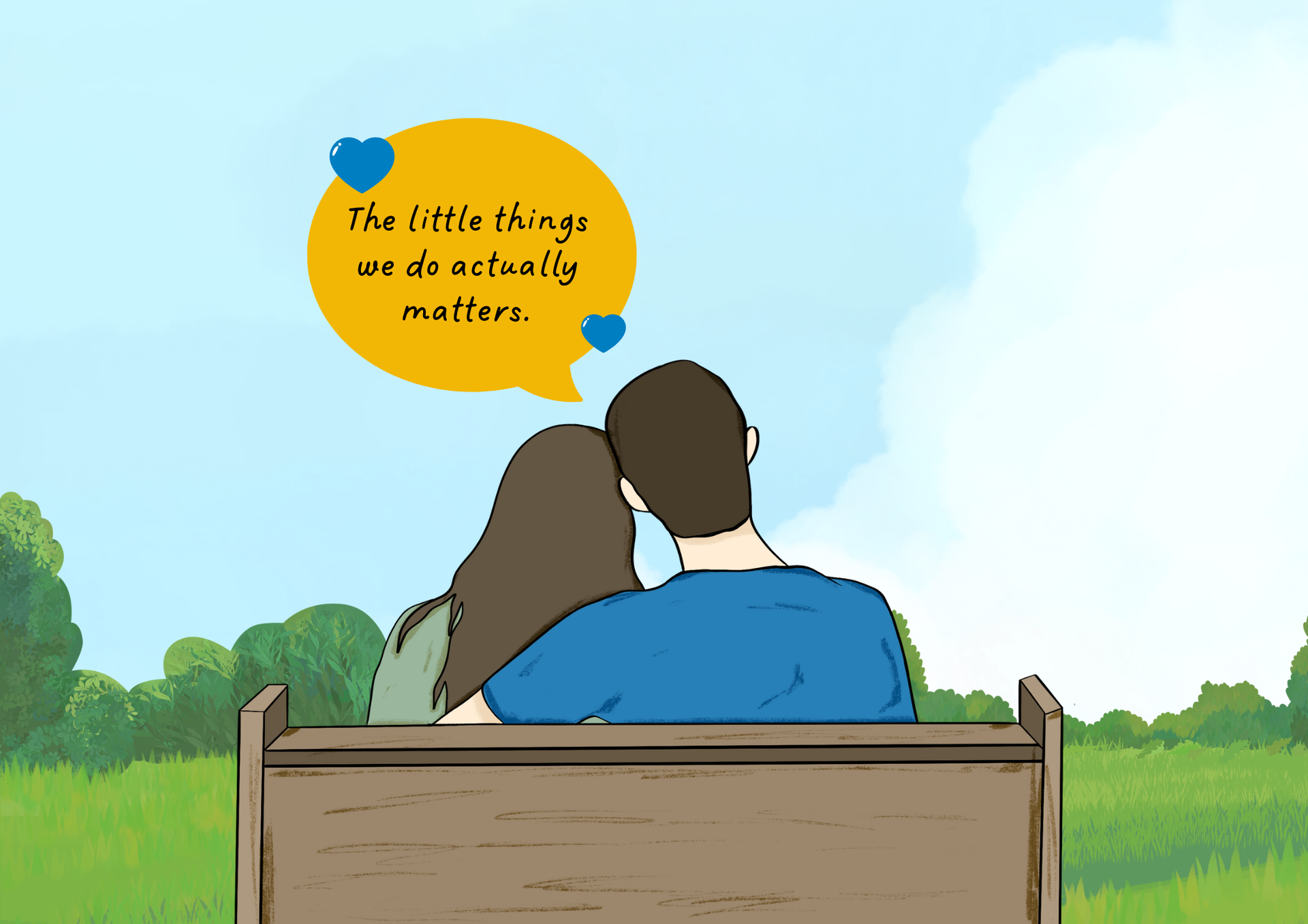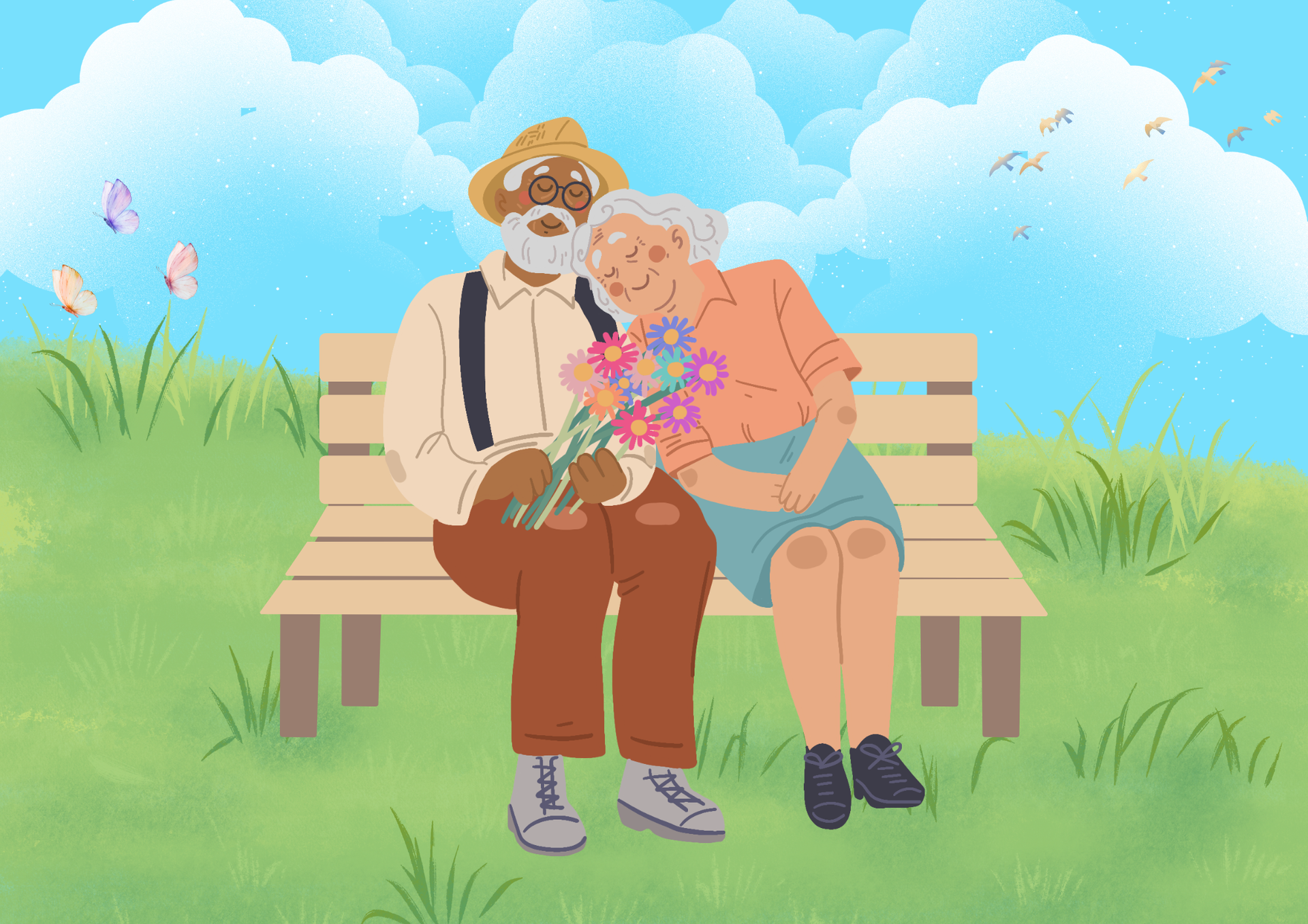Supporting Men's Wellbeing Today & Everyday
This International Men’s Day, we invite a quiet moment of care and connection, recognising what it means to support men’s wellbeing.
International Men’s Day (IMD), observed every November 19, celebrates the contributions of men and boys while also acknowledging the challenges many experience. It encourages communities to support men’s physical, mental, emotional, and social wellbeing, helping create environments where men can thrive.
Why Men’s Health Matters?
Men contribute in meaningful ways to families, workplaces, and communities. Yet many continue to manage health concerns quietly. According to the Australian Institute of Health and Welfare (AIHW):
- Nearly 43% of Australian males have experienced a mental health concern at some point in their lifetime.
- Around 49% of Australian males aged 18+ had one or more chronic health conditions in 2020–21.
- One in eight (13%) Australian males live below the poverty line, which can affect overall health and wellbeing.
Key Insights
- Many men delay seeking support for both physical and mental health concerns, often due to social expectations that encourage them to “handle things on their own.”
- When challenges remain unspoken, stress and emotional strain can build over time, which may contribute to feelings of isolation or decreased wellbeing.
- Supportive environments—such as community programs, peer groups, and psychological counselling—can reduce isolation by offering safe, respectful spaces for open communication.
When men engage with these supports, their wellbeing often improves, strengthening confidence, relationships, and their ability to contribute positively to their families and communities.
My Personal Reflection
In Cultural and Linguistically Diverse Communities (CALD), men are often expected to be a strong figure of the family and not express sadness or vulnerability. Talking about mental health is rarely encouraged which leads those who struggles in silence.
I personally have seen this stigma playing a huge role in overall wellbeing. To share an experience, one of my close friends who was later diagnosed with depression due to the lack of an appropriate care and support at early stage due to the cultural believes where his parents chose to remain in silent as well.
Such stories reflect the urgent need for cultural change, where men feel safe to speak about their mental health without fear or judgment.
Moving Forward Together
Supporting men’s wellbeing is both a personal and collective responsibility. It begins with individual actions: practising mindfulness, staying active, maintaining healthy nutrition, and engaging in open, supportive conversations with friends or family.
Seeking guidance through community or workplace programs also plays an important role. Initiatives such as the MHFA Wellness Hub Psychology Clinic, peer support groups, and workplace training programs help normalise conversations around mental health and provide practical strategies for maintaining resilience.
Organisations such as the Mental Health Foundation Australia's Mental Health First Aid Training program, Men’s Sheds, and MensLine Australia offer supportive services, workshops, and safe spaces where men can connect, receive guidance, or simply talk things through in a comfortable and respectful environment.
By engaging with these supports and by sharing experiences, we contribute to a culture where men feel safe, understood, and empowered. Even small steps, such as attending a local support group, joining a wellbeing program, or calling a friend, can make a meaningful difference. These actions remind us that reaching out for support is a sign of strength.
Let’s create environment where men can feel safe, heard, supported, and empowered to thrive, today and every day.
Written by Roshan Bajagain and Tanvi Sharma





